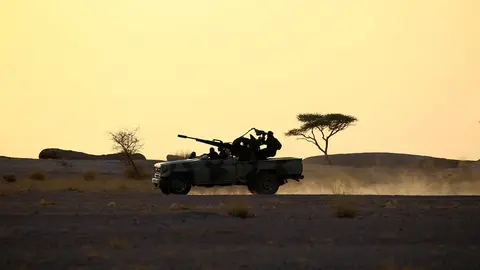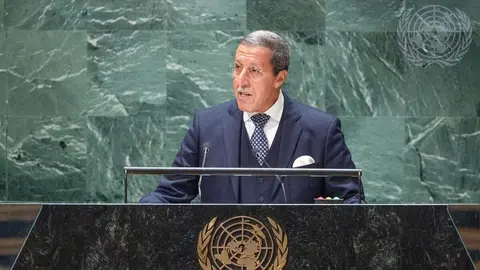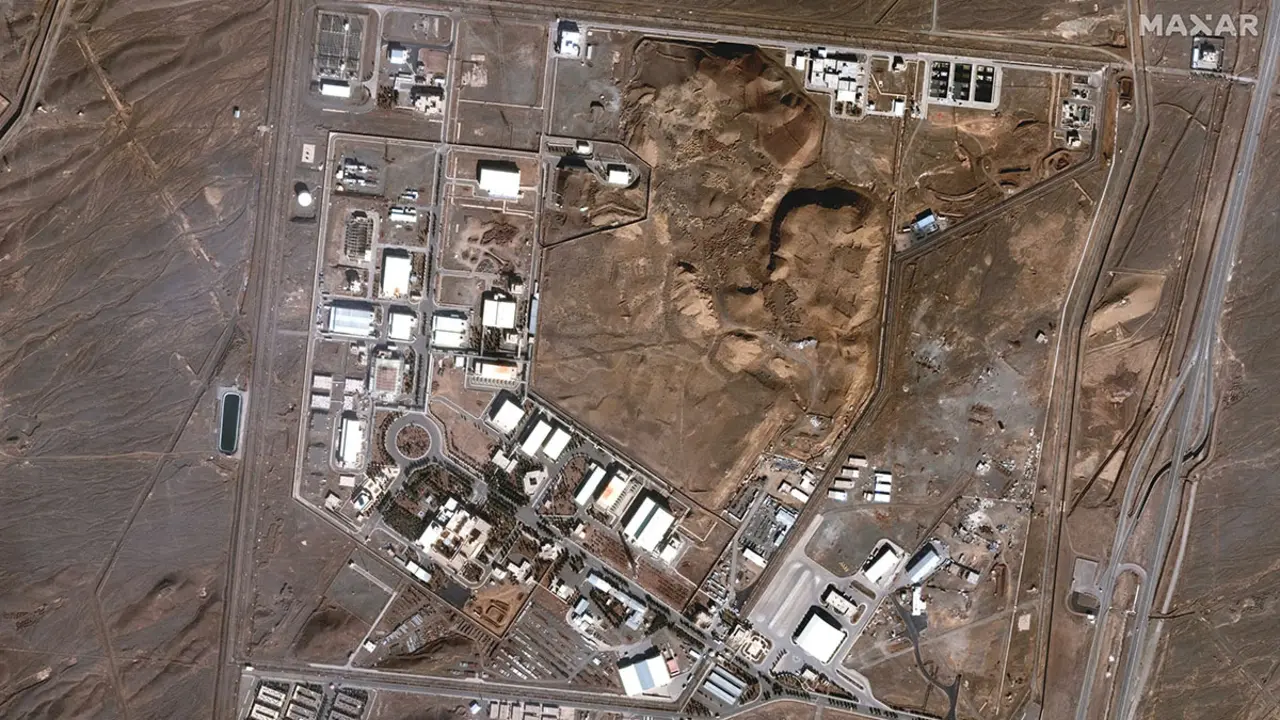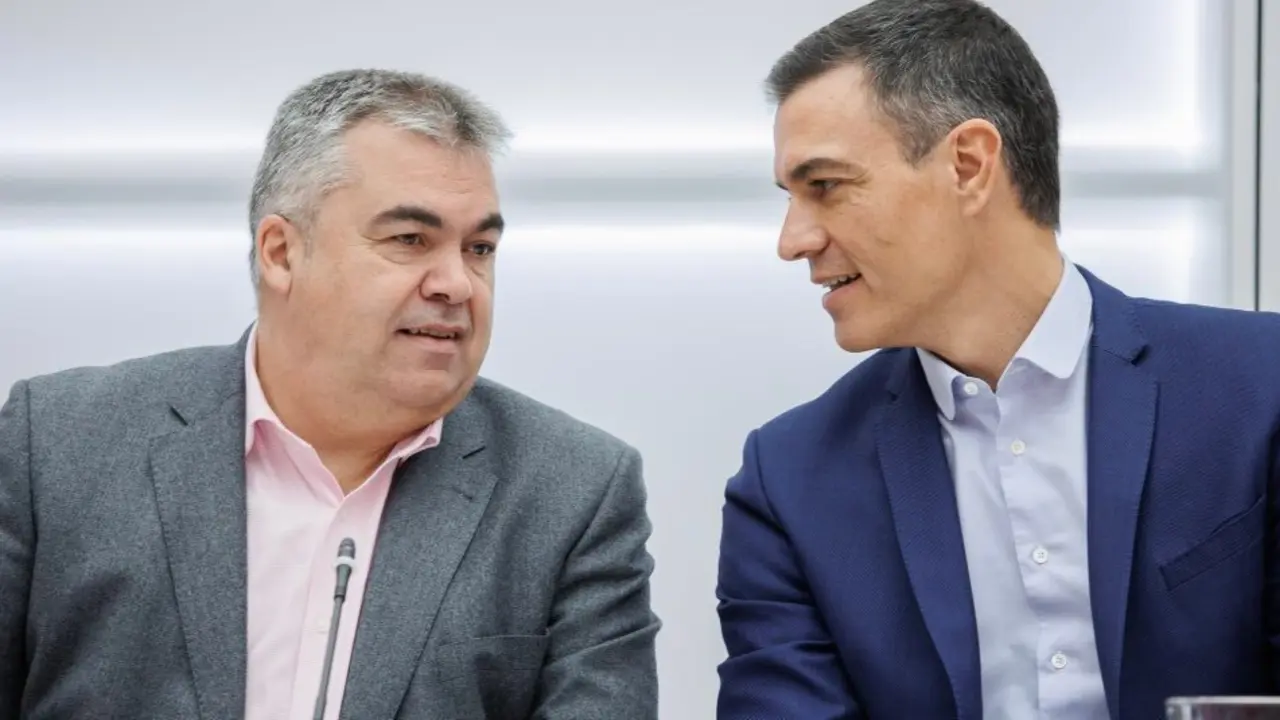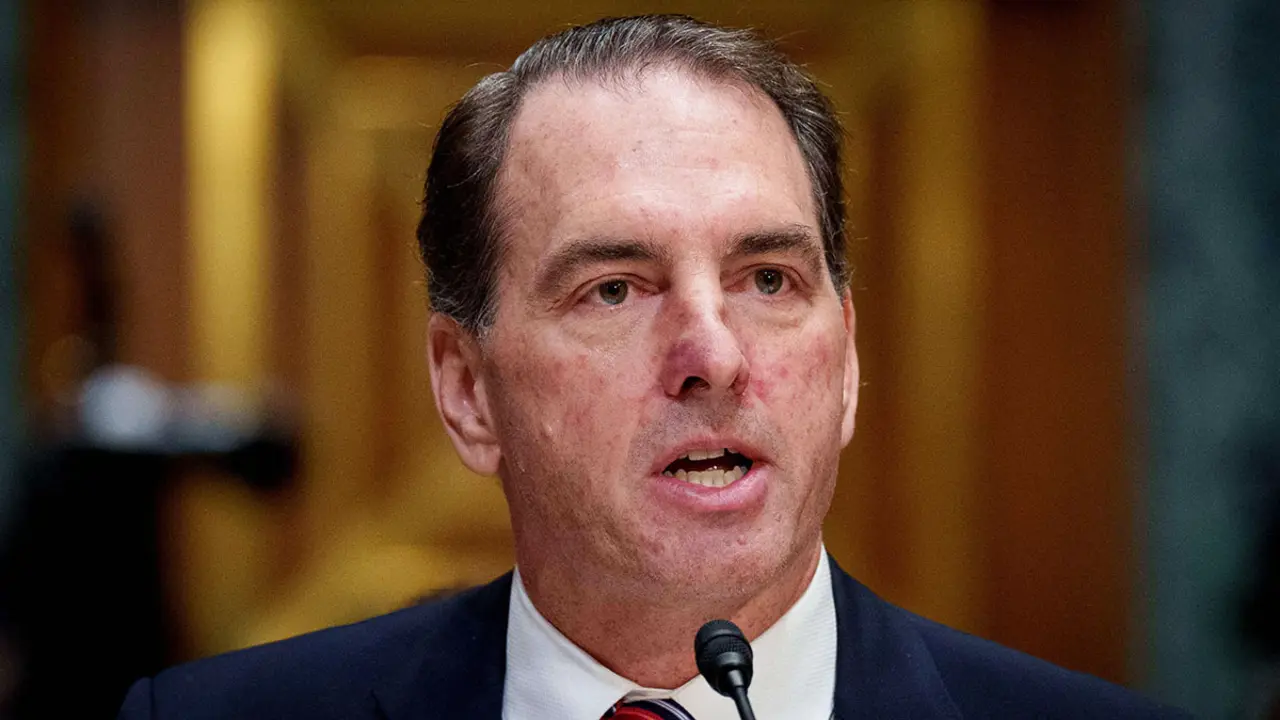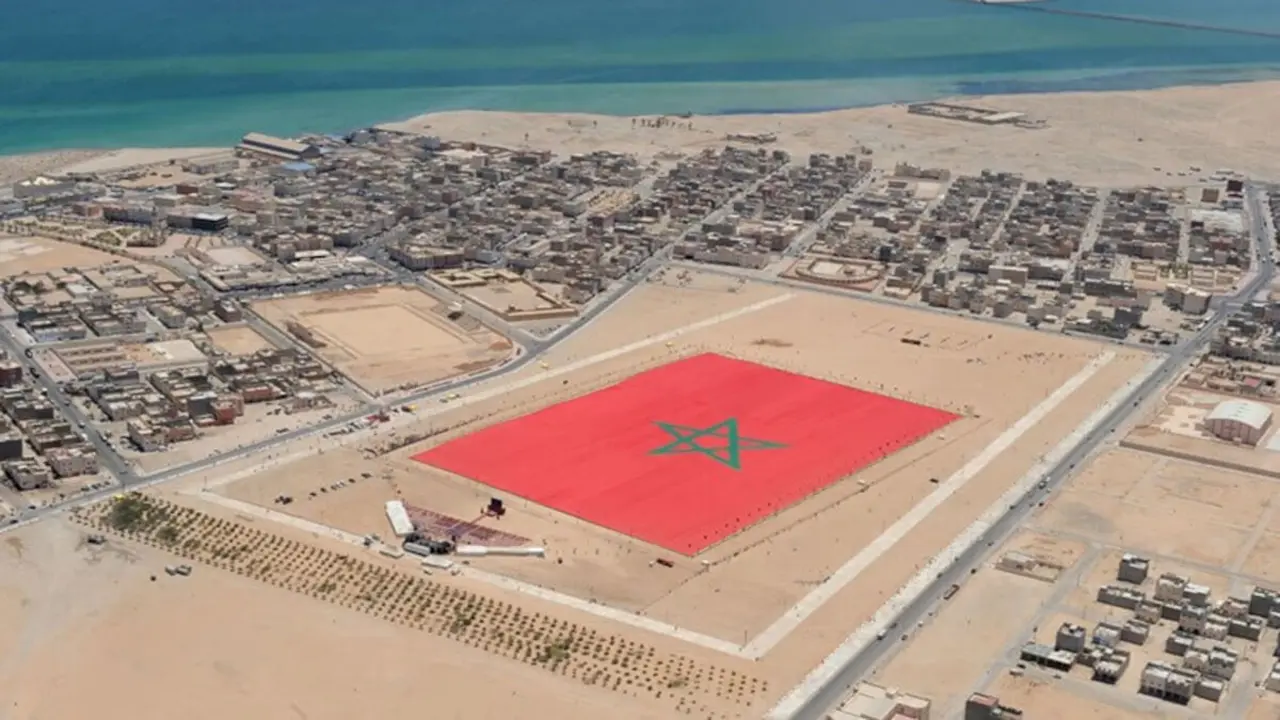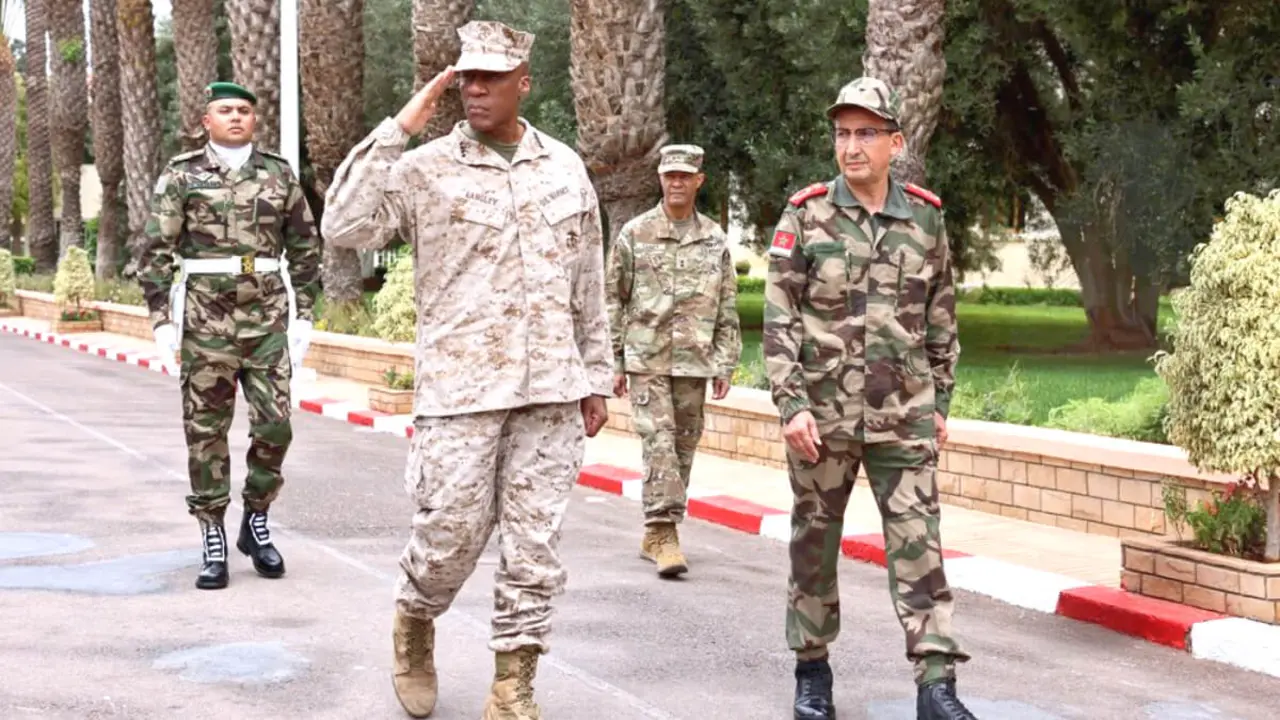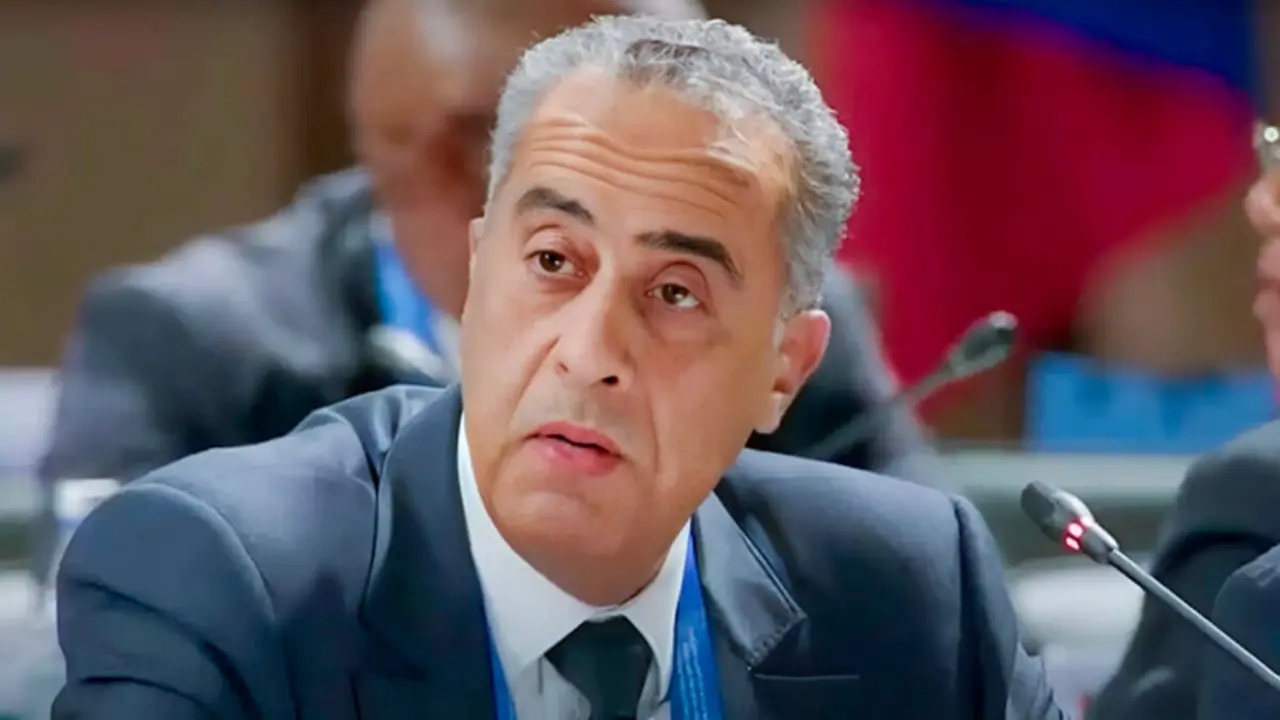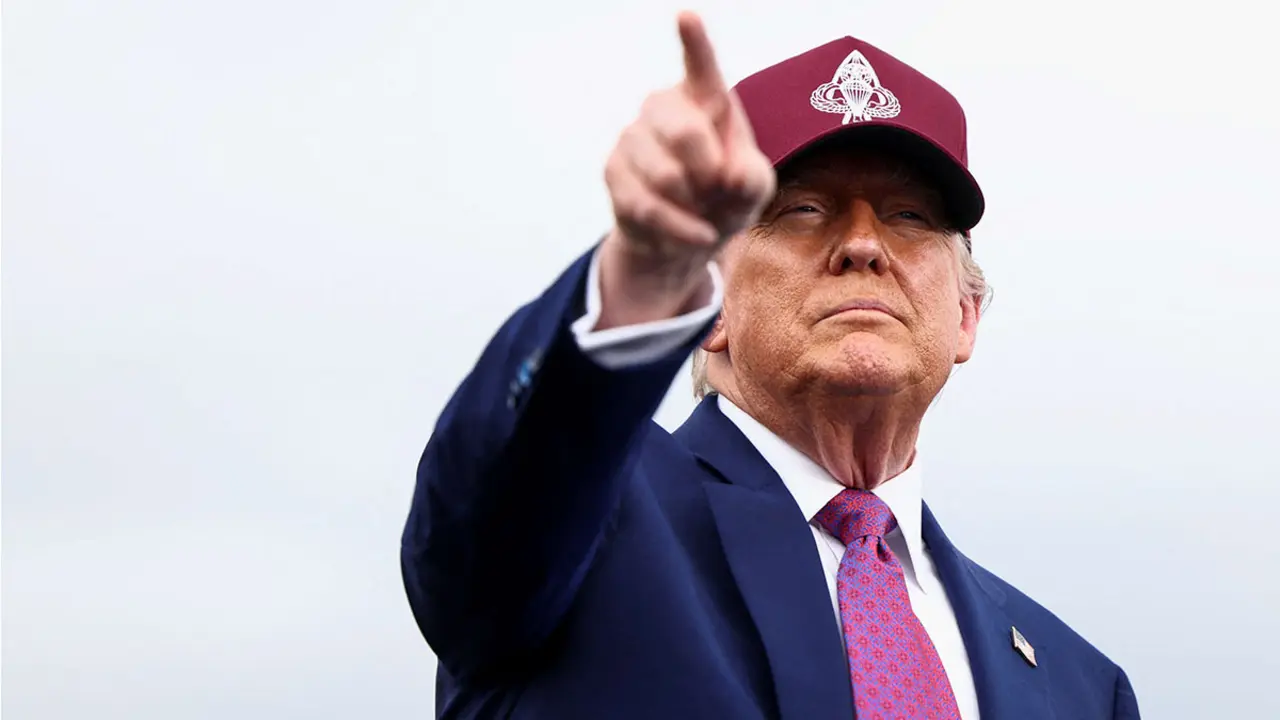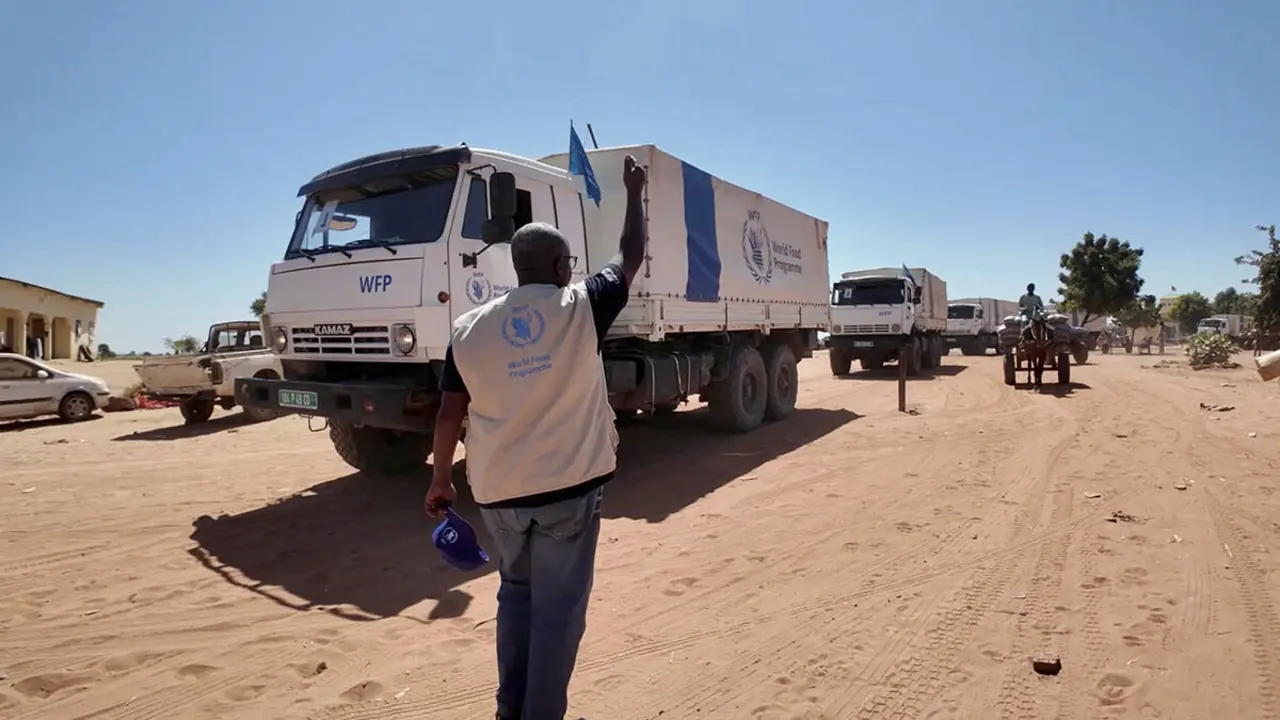Morocco denounces Algeria's hijacking of the political process before the UN
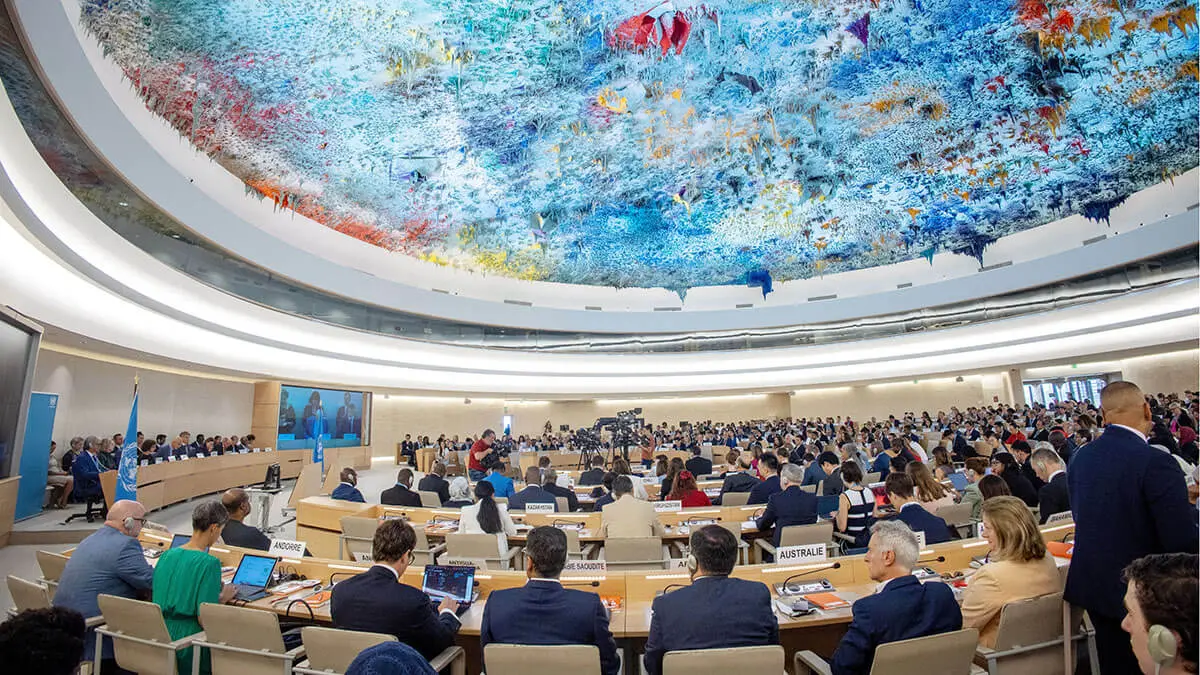
During the UN Committee of 24 meeting, Majda Moutchou, Morocco's deputy permanent representative to the UN, said that ‘the political process in Western Sahara cannot continue to be held hostage to Algeria's obstinacy’.
At the meetings that began on 9 June and will end on 20 June, Moutchou explained to the members of the Committee that if the conclusion reached by 118 countries of the international community, three of them members of the Security Council, on the firmness of the Moroccan Autonomy Plan for Western Sahara promoted by King Mohammed VI of Morocco Mohammed VI, since 2007, is that it is the only ‘serious, credible and realistic’ plan to achieve a peaceful solution to the conflict, Algeria is allowed, contrary to United Nations resolutions, to maintain the political blockade through the financing of separatist groups such as the Polisario Front.
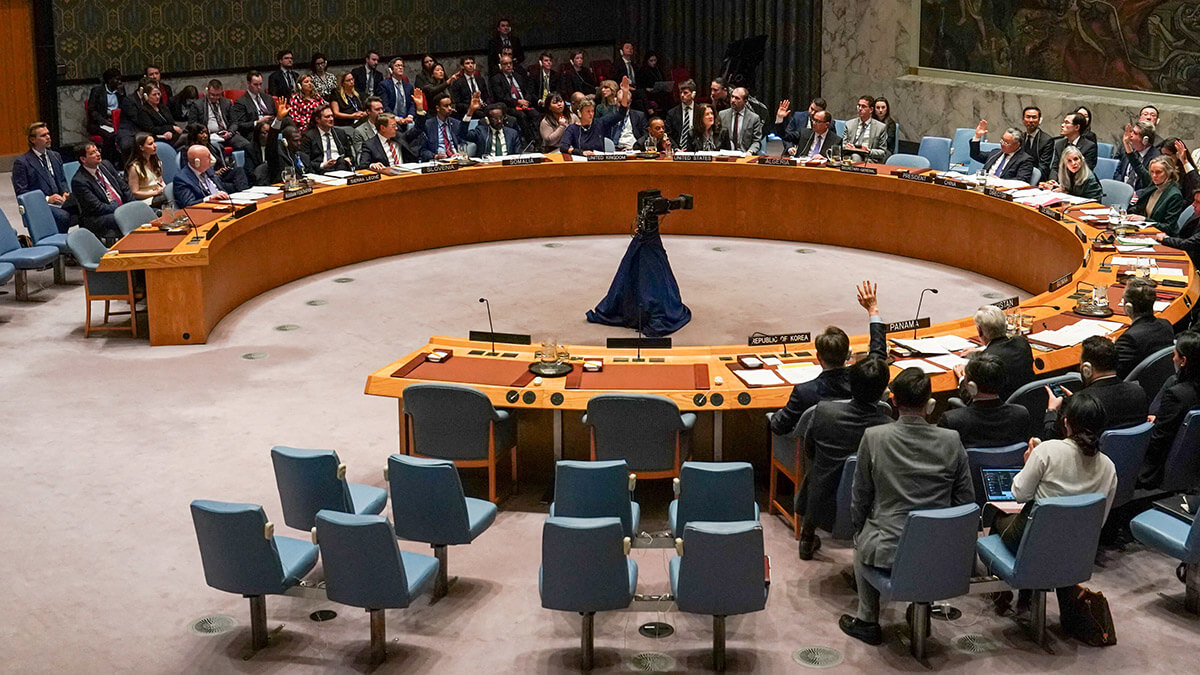
‘This selective attitude speaks volumes about their true motivations and demonstrates a clear desire to divert the UN political process from its objective, in the service of a strategy of regional instability,’ clarified Morocco's deputy permanent representative to the United Nations. However, Algeria's refusals are not the only challenge that Morocco is denouncing before the UN. The lack of transparency and collaboration is the main reason why, according to Majda Moutchou, ‘the blockade has been going on for decades’.
Majda Moutchou also reiterated the international approval of the Autonomy Plan. She pointed out that investment and development in all areas of the region and its main economic centres - Dakhla and Laayoune - are the real reasons why the Plan presented in 2007 is supported by more than 100 countries.
This dynamic, as confirmed by visits to Morocco by foreign ministers, is due to the realistic approach proposed by Morocco's Autonomy Plan. At the local level, Moutchou explained that the population of the Moroccan Sahara enjoys all rights and participates in national, regional and local elections, as well as in the social and cultural life of the region, stressing that this participation is a ‘direct expression of the Sahrawi population's attachment to the Moroccan institutional framework and must therefore be recognised as such’.
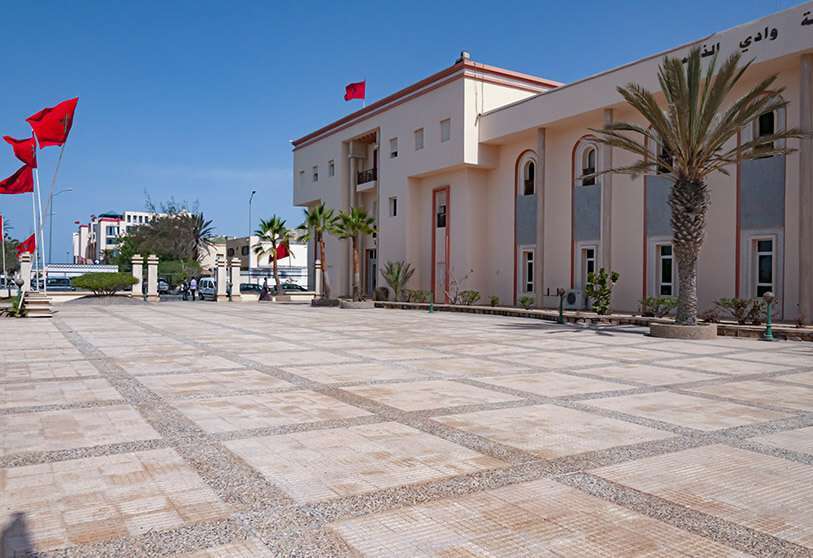
Before the members of the Committee of 24, the representative pointed out that Resolution 1541 states that autonomy is a form of the exercise of the right to self-determination, indicating that the claims by Algeria and some neighbouring countries that the Sahrawi population does not have the right to self-determination are false and that, therefore, Algeria is in breach of international law in order to achieve independence through extortion and violence.
In this context, the Deputy Permanent Representative of Morocco to the United Nations concluded that ‘the time has come for the C24 to take a courageous position on the Moroccan Autonomy Initiative, in accordance with the principles of the United Nations, in what is considered the only peaceful solution.’

